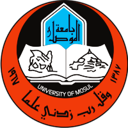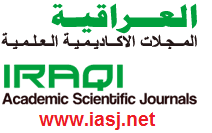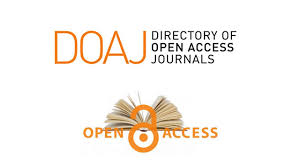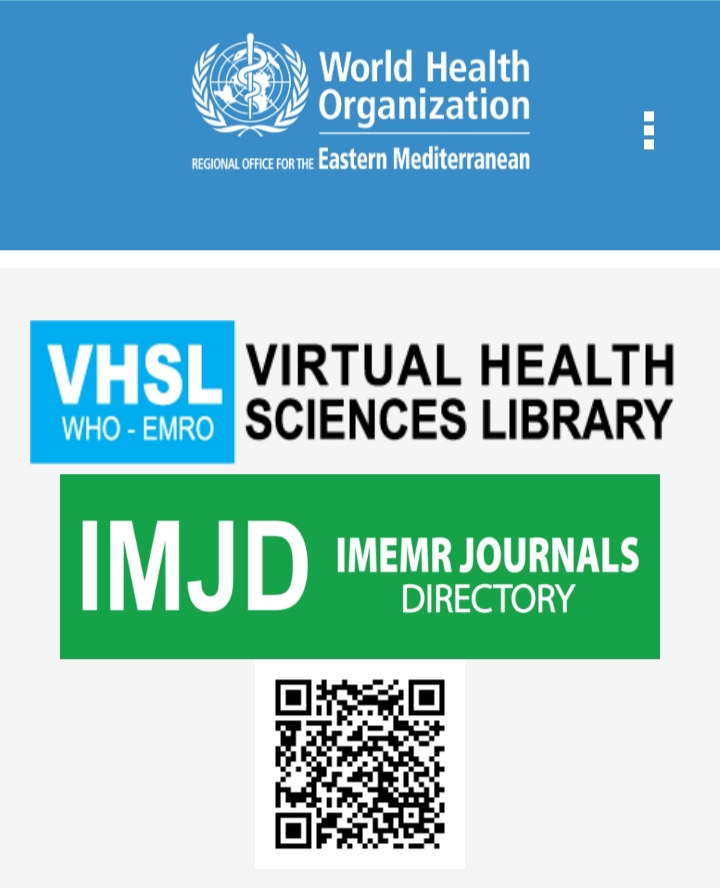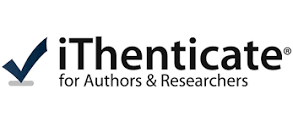Generative AI policies
rtificial Intelligence (AI) Policy
These policies have been triggered by the rise of generative AI and AI-assisted technologies, which are expected to be used by content creators increasingly. These policies aim to provide greater transparency and guidance to authors, reviewers, editors, readers, and contributors.
- Introduction
The advancement of Artificial Intelligence (AI) has profound implications for research and publication practices. Our journal is committed to ensuring that the use of AI in research adheres to the highest standards of ethics, transparency, and integrity. This policy outlines our expectations and requirements regarding the use of AI in submissions to our journal.
- Scope
This policy applies to all manuscripts submitted to our journal that involve the use of AI in any aspect of the research process, including but not limited to data analysis, writing assistance, experimental design, and interpretation of results.
- Transparency and Disclosure
- Declaration of AI Use: Authors must clearly disclose the use of AI in their research and/or manuscript preparation. This includes specifying the AI tools, algorithms, or software used, as well as their roles in the research process.
- AI Contributions: Any section of the manuscript generated or significantly influenced by AI should be explicitly indicated. Authors must ensure that the use of AI does not compromise the originality and intellectual contribution of the research.
- Ethical Considerations
- Bias and Fairness: Authors must take measures to identify and mitigate potential biases in AI algorithms, ensuring that their use does not perpetuate or exacerbate existing biases.
- Data Privacy: The use of AI must comply with all relevant data protection regulations and ethical standards. Authors should ensure that AI systems are used in a manner that protects the privacy and confidentiality of individuals.
- Human Oversight: AI should complement human judgment rather than replace it. Authors must maintain responsibility and accountability for the content and integrity of their research.
- Accuracy and Reliability
- Validation and Verification: Authors should validate and verify the outputs of AI systems used in their research. This includes conducting robustness checks and ensuring the reproducibility of AI-generated results.
- Documentation: Comprehensive documentation of AI methods, including source code, training data, and parameter settings, should be provided to enable replication and verification of the research.
- For authors:
Where authors use generative AI and AI-assisted technologies in the writing process, these technologies should only be used to improve readability and language of the work. Applying the technology should be done with human oversight and control, and authors should carefully review and edit the result, because AI can generate authoritative-sounding output that can be incorrect, incomplete, or biased. The authors are ultimately responsible and accountable for the contents of the work.
Authors should disclose in their manuscript the use of AI and AI-assisted technologies, and a statement will appear in the published work. Declaring the use of these technologies supports transparency and trust between authors, readers, reviewers, editors, and contributors and facilitates compliance with the terms of use of the relevant tool or technology. - Authors should not list AI and AI-assisted technologies as authors or co-authors, nor cite AI as an author. Authorship implies responsibilities and tasks that can only be attributed to and performed by humans. Each (co-) author is accountable for ensuring that questions related to the accuracy or integrity of any part of the work are appropriately investigated and resolved, and authorship requires the ability to approve the final version of the work and agree to its submission. Authors are also responsible for ensuring that the work is original, that the stated authors qualify for authorship.
- The maximum ratio for AI to be used is not more than 5%.
- For reviewers:
- When a researcher is invited to review another researcher’s paper, the manuscript must be treated as a confidential document. Reviewers should not upload a submitted manuscript or any part of it into a generative AI tool, as this may violate the authors’ confidentiality and proprietary rights and, where the paper contains personally identifiable information, may breach data privacy rights
- This confidentiality requirement extends to the peer review report, as it may contain confidential information about the manuscript and/or the authors. For this reason, reviewers should not upload their peer review report into an AI tool, even if it is just to improve language and readability.
- For editors:
A submitted manuscript must be treated as a confidential document. Editors should not upload a submitted manuscript or any part of it into a generative AI tool, as this may violate the authors’ confidentiality and proprietary rights and, where the paper contains personally identifiable information, may breach data privacy rights.
This confidentiality requirement extends to all communication about the manuscript, including any notification or decision letters, as they may contain confidential information about the manuscript and/or the authors. For this reason, editors should not upload their letters into an AI tool, even if it is just to improve language and readability.
- The use of generative AI and AI-assisted tools in figures, images, and artwork
- We do not permit the use of Generative AI or AI-assisted tools to create or alter images in submitted manuscripts. This may include enhancing, obscuring, moving, removing, or introducing a specific feature within an image or figure. Adjustments of brightness, contrast, or color balance are acceptable if and as long as they do not obscure or eliminate any information present in the original.
